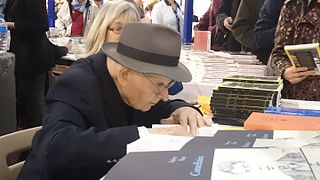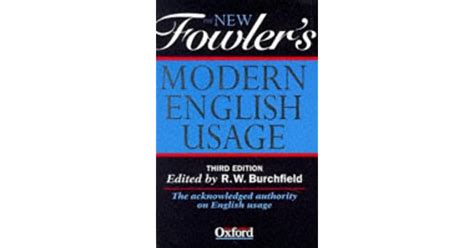A Quote by John Ruskin
There is never vulgarity in a whole truth, however commonplace. It may be unimportant or painful. It cannot be vulgar. Vulgarity is only in concealment of truth, or in affectation.
Related Quotes
Therefore, philosophy does not give sense in mind happiness. It keeps in mind the only truth. However, it is very possible that the truth may be painful, may be distressing, may be destructive of happiness or makes it impossible. Religion, unlike philosophy, is under the category of the useful one. It promises happiness and says what it is necessary to do and what it is necessary to be to deserve or to obtain it. Consequently, illusion is more important than truth if it gets happiness.
To anyone who has followed the practice of using profanity or vulgarity and would like to correct the habit, could I offer this suggestion? First, make the commitment to erase such words from your vocabulary. Next, if you slip and say a swear word or a substitute word, mentally reconstruct the sentence without the vulgarity or substitute word and repeat the new sentence aloud. Eventually you will develop a non-vulgar speech habit.
It is not given to man to know the whole Truth. His duty lies in living up to the truth as he sees it, and in doing so, to resort to the purest means, i.e., to non-violence. God alone knows absolute truth. Therefore, I have often said, Truth is God. It follows that man, a finite being, cannot know absolute truth. Nobody in this world possesses absolute truth. This is God's attribute alone. Relative truth is all we know. Therefore, we can only follow the truth as we see it. Such pursuit of truth cannot lead anyone astray.
Truth is always here. That's the only way truth can be. Truth cannot be anywhere else. The only time it can be is here, and the only place it can be is now. But the mind is never here and is never now. Hence, mind and truth never meet. The mind goes on thinking about truth, and the truth goes on waiting to be realized, but the meeting never happens. The meeting is possible only if mind stops functioning, because mind means the past, mind means the future. Mind is never here-now. Whenever you start thinking, you are going astray. If you stop thinking, suddenly you are at home.
One is born with good taste. It's very hard to acquire. You can acquire the patina of taste. But what Elsie Mendl had was something else that's particularly American––an appreciation of vulgarity. Vulgarity is a very important ingredient in life. I'm a great believer in vulgarity––if it's got vitality. A little bad taste is like a nice splash of paprika. We all need a splash of bad taste––it's hearty, it's healthy, it's physical. I think we could use more of it. No taste is what I'm against.
A Christian boy or girl can learn mathematics, for example, from a teacher who is not a Christian; and truth is truth however learned. But while truth is truth however learned, the bearing of truth, the meaning of truth, the purpose of truth, even in the sphere of mathematics, seem entirely different to the Christian from that which they seem to the non-Christian; and that is why a truly Christian education is possible only when Christian conviction underlies not a part but all, of the curriculum of the school.
The truth about childhood, as many of us have had to endure it, is inconceivable, scandalous, painful. Not uncommonly, it is monstrous. Invariably, it is repressed. To be confronted with this truth all at once and to try to integrate it into our consciousness, however ardently we may wish it, is clearly impossible.






































